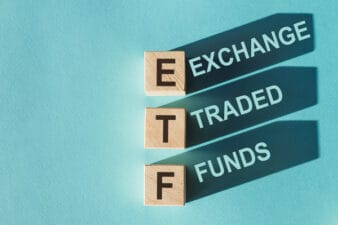Here’s a little secret business pundits don’t want you to know…
While sexy startups tend to garner most of the headlines, these firms are rarely the ones that make investors the most money. Rather, the most successful companies tend to be downright boring. These business often deliver products and services that you probably use everyday.
I like to call these companies my “Forever Stocks”. Unlike exotic mining firms, Forever Stocks don’t have to find the next big gold strike in the Congo. And in contrast to some financial companies, Forever Stocks don’t deal in “collateralized debt swaptions” or other financial gibberish.
Rather, Forever Stocks are ingrained into our day-to-day lives. In some cases, these companies have remained virtually unchanged for generations. And that has allowed them to crank out consistent dividends to shareholders for decades.
Take Canadian Pacific Railway Limited (TSX: CP)(NYSE: CP), for example. The company has been a leader in freight transit for almost a century, and its status as a Forever Stock comes from a few key points:
First of all, the economics of the rail industry give it a big cost advantage. Today’s trains can move a ton of freight more than 400 miles on a gallon of diesel — that’s almost four times more fuel-efficient per ton-mile than trucking. When your biggest rival can undercut you to that degree, it’s awfully hard to steal market share.
Second, CP owns an irreplaceable asset. The company’s network of track spans 22,500 kilometres coast to coast. Almost all of these lines were laid over a century ago when there was plenty of cheap land to build on.
Today, that’s no longer the case. New tracks would require the buyout of every landowner along the proposed route. Not to mention it would have to go through a long regulatory approval process. That’s why there have been almost no large railroads built in decades.
In the same way a moat protected castles from attackers, these competitive advantages protect the company from competition. Chances are, you still couldn’t compete against CP even if you had $10 billion to spend. This has allowed the firm to crank out big returns on capital year after year.
For shareholders, this has all translated into steady dividends. Since going public, the railroad operator has hiked its quarterly payout between $0.02 and $0.04 per share almost every year. Those increases may seem rather puny in isolation, but they add up to some hefty gains for shareholders.
Can CP keep the dividend hikes coming? Over the next 100 years, there’re going to be more people living in this country. And over time, those people are going to demand ever greater quantities of goods. Rail will play a critical role in moving those products around the country. That’s why it deserves a permanent place in your portfolio.







